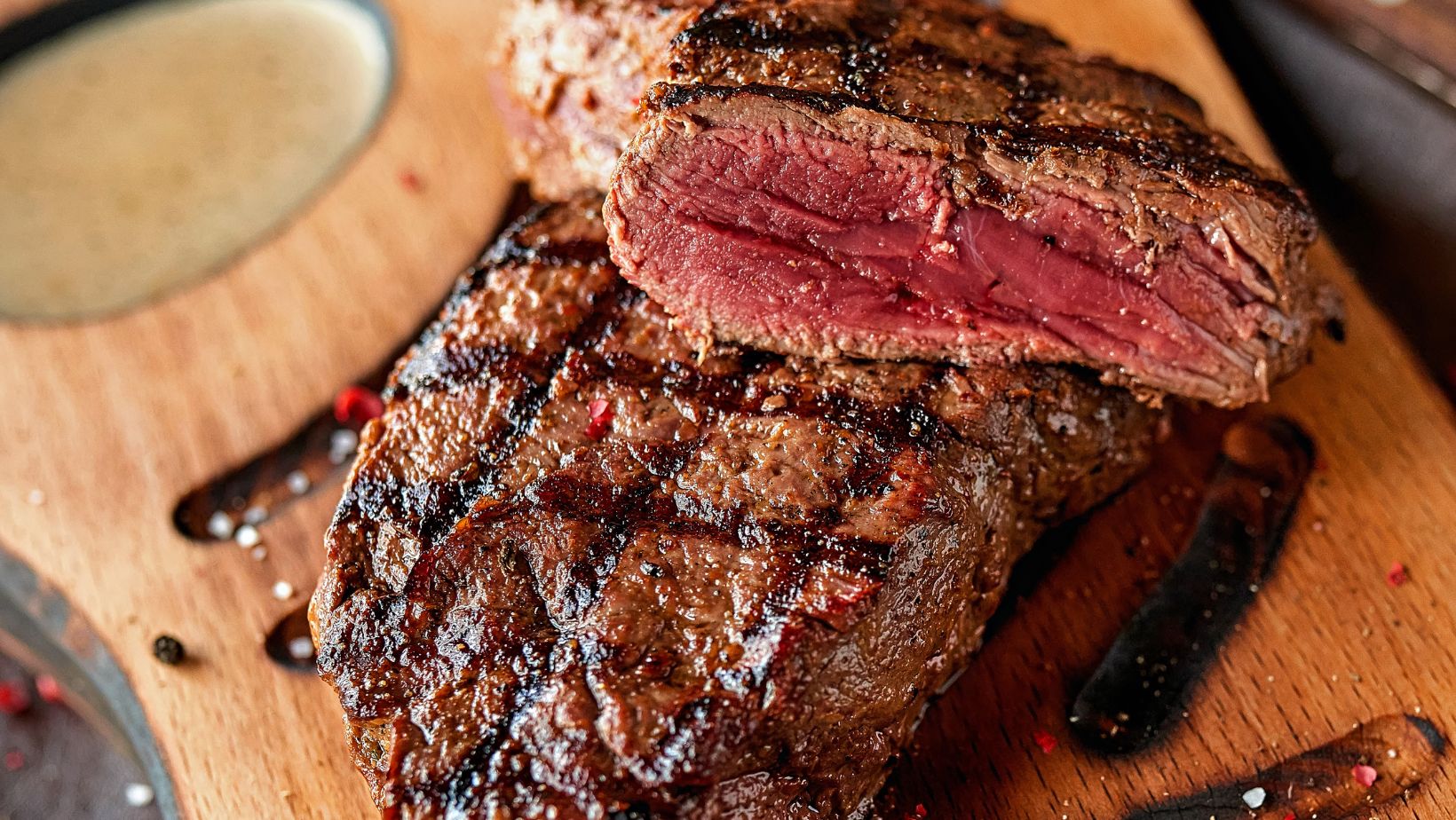
Is Steak Good For Keto
Steak is often considered a staple in many diets, but when it comes to the ketogenic diet, you may wonder if it’s a good choice. The keto diet focuses on high fat, moderate protein, and very low carbohydrate intake. So, is steak good for keto? The answer is yes! Steak can be an excellent source of both protein and healthy fats, making it a great option for those following a ketogenic lifestyle.
One of the key components of the keto diet is consuming enough protein to support muscle growth and repair. Steak is rich in high-quality proteins that are easily absorbed by the body. Additionally, steak contains essential amino acids that contribute to maintaining overall health and wellbeing.
Moreover, steak provides a generous amount of healthy fats that are crucial for reaching ketosis—the metabolic state where your body burns fat for fuel instead of carbohydrates. These fats help keep you feeling full and satisfied while providing important nutrients such as omega-3 fatty acids.
In conclusion, incorporating steak into your keto diet can provide you with the necessary protein and healthy fats while keeping carb intake low. However, it’s essential to choose lean cuts of steak without added sugars or marinades to ensure you stay within your daily macronutrient goals. So go ahead and savor a delicious steak while staying true to your ketogenic journey!
The Basics of the Keto Diet
Let’s dive into the basics of the keto diet and get a better understanding of what it entails. The ketogenic diet, or keto for short, is a low-carb, high-fat eating plan that has gained popularity in recent years. The primary goal of this diet is to put your body into a state of ketosis, where it relies on fat for fuel instead of carbohydrates.
To achieve ketosis, you need to drastically reduce your carb intake and increase your fat consumption. Typically, people following the keto diet aim to consume about 70-75% of their daily calories from fats, 20-25% from protein, and only 5-10% from carbs. By doing so, you force your body to enter a metabolic state where it produces ketones from fat breakdown as an alternative source of energy.
One key benefit often associated with the keto diet is its potential for weight loss. When your body enters ketosis and starts burning fat for fuel, many people experience a reduction in appetite and cravings. This can lead to decreased calorie intake and ultimately result in weight loss over time.
Moreover, studies have shown that the keto diet may have positive effects on certain health conditions such as epilepsy and type 2 diabetes. It has been found to help control seizures in some individuals with epilepsy and improve blood sugar control in those with diabetes.
However, it’s important to note that while the keto diet can be effective for weight loss and managing certain health conditions, it may not be suitable or sustainable for everyone. It requires careful planning and monitoring to ensure you’re getting all the necessary nutrients while avoiding potential deficiencies.
In conclusion, understanding the basics of the keto diet provides valuable insights into how this eating plan works. From achieving ketosis by reducing carb intake to relying on fats as fuel sources instead of carbohydrates – these elements form the foundation of this popular dietary approach. While the keto diet may offer benefits like weight loss and improved health markers, it’s essential to consider individual needs and consult with a healthcare professional before embarking on any significant dietary changes.

